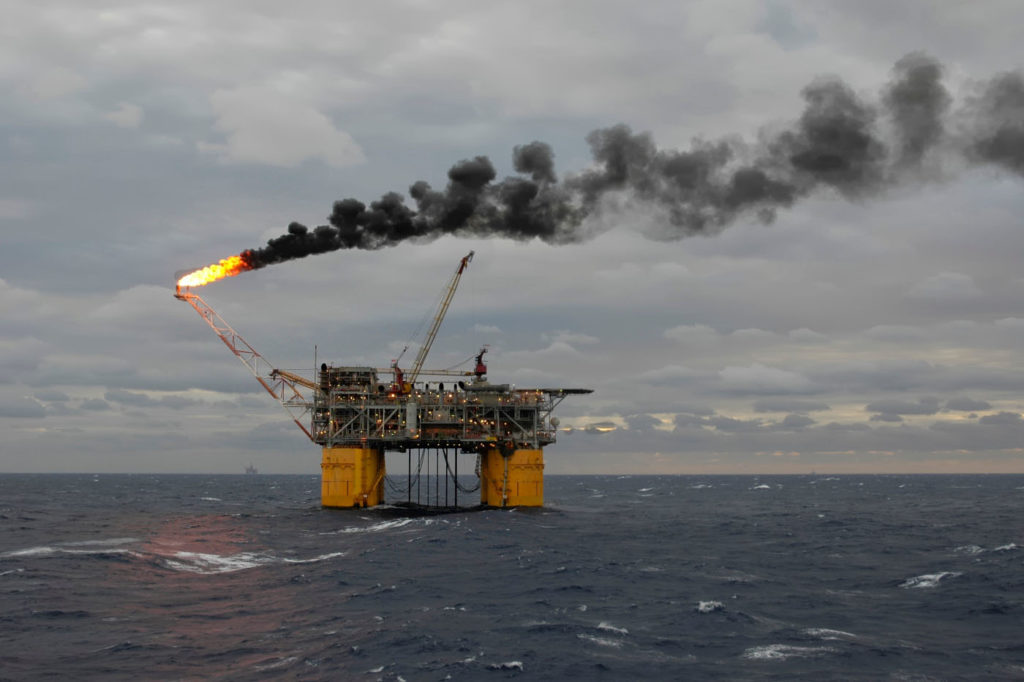
The early economic returns from Hurricane Harvey are still coming in, but they highlight a point that electric cooperatives have been emphasizing—the need for a diverse fuel portfolio.
Analysts say Harvey’s effect on oil and gas production in the Gulf of Mexico is unlikely to push natural gas prices toward $15 per million Btu, as hurricanes Katrina and Rita did in 2005.
But the first Category 4 storm to hit the energy-rich Texas gulf since 1961 is underscoring the vulnerability of energy supplies to natural disasters and already is driving motor fuels prices higher.
Energy Secretary Rick Perry authorized an emergency release of oil from the Strategic Petroleum Reserve on Aug. 31, a largely symbolic effort to ease shortages of gasoline in the wake of Hurricane Harvey.
As of Aug. 30, 19 percent of natural gas production in the Gulf had been “shut in,” according federal Bureau of Safety and Environmental Enforcement. The term refers to the closure of safety valves located beneath the ocean floor.
That represents a loss of about 611,000 million cubic feet per day. Losses had topped 825,000 million cubic feet per day at the height of the storm, the bureau said.
Harvey has had a slightly smaller impact on oil production, which factors into prices drivers pay at the pump. Operator reports indicated that about 18 percent of Gulf oil production—about 324,000 barrels per day—had been shut in, the bureau said.
Electricity generators probably will not feel the effect of protracted production outages until the winter heating season, since most of them are locked into long-term price contracts. And the unaffected Marcellus Formation in the eastern United States is now accounting for a greater share of natural gas.
Still, electric co-ops are watching developments closely because they have a major stake in natural gas, according to a NRECA study. In 2016, cooperative natural gas generation reached historic highs.
“Electric cooperatives have two major [natural gas] projects underway and several are considering whether to build new NGCC plants or buy on the market,” the study said, noting that some co-op-owned coal plants have been converted to natural gas since 2014.
As to oil production, the price co-ops pay to fuel their trucks and service vehicles took an upward swing of about 3 percent. Harvey forced the closure of at least a dozen Gulf Coast refineries, including one near Port Arthur that is the nation’s largest facility. The Colonial Pipeline, which runs from Texas to the East Coast, also halted activity.
As a result, gas futures prices reached a 25-month high per gallon on Aug. 28, according to the Energy Information Administration. Prices at the pump for regular unleaded also are up 14.5 cents from a month ago, Fuel Insights said.
Steven Johnson is a staff writer at NRECA.